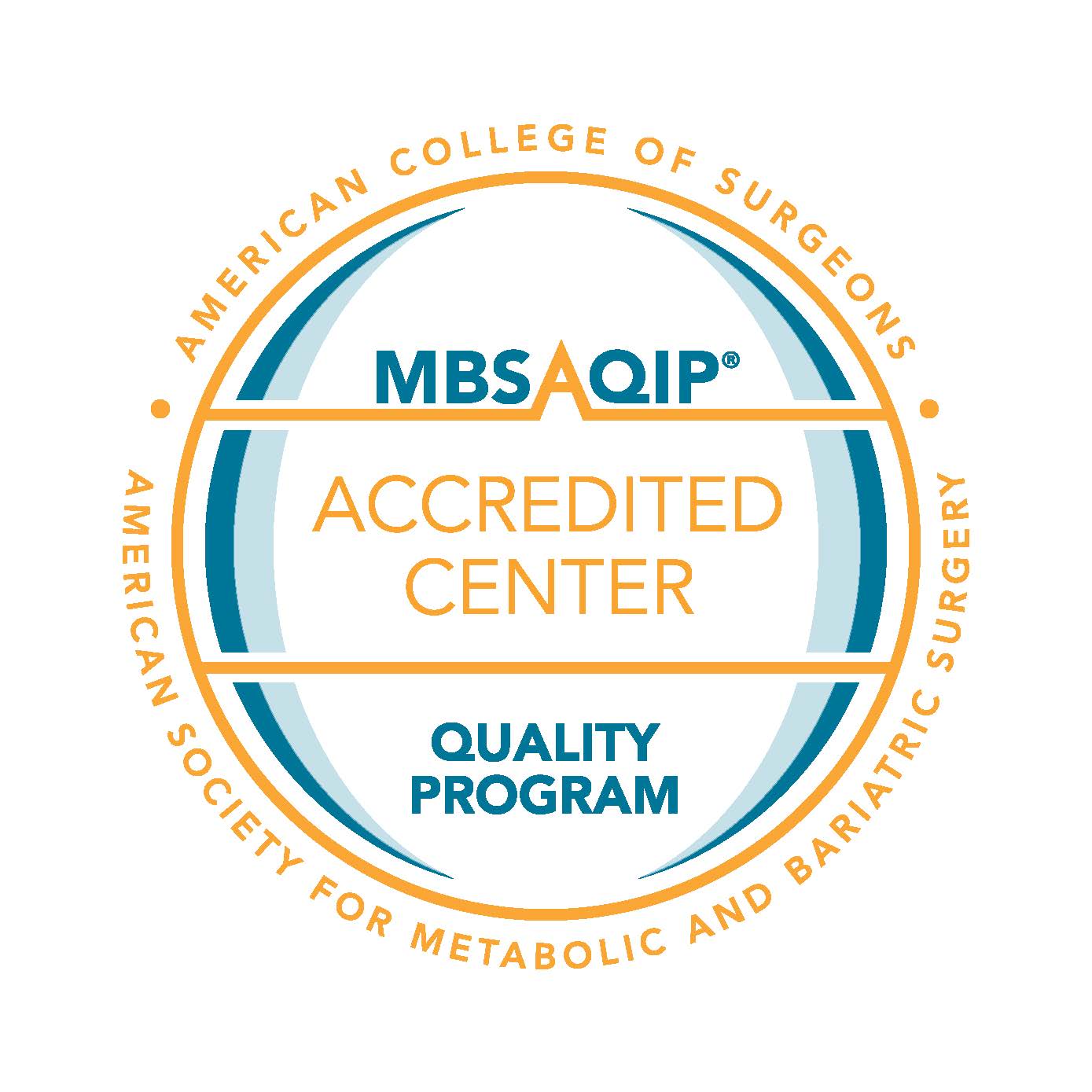Bariatric surgery is a treatment option more and more people are looking to in order to drastically improve their health and overall lifestyle. While most patients do see significant weight loss after surgery, the long-term weight loss and preventing weight gain can be difficult to maintain. We’ve put together a list of 5 steps for patients to follow that can help maintain weight loss post-surgery, and improve your overall health.
Emotional Support
Going through change of any kind is hard to do alone. Emotions play a big role for many people struggling with weight loss, and there is no question that can lead to unhealthy eating habits. Support groups are a great way to gain information about weight loss, to talk through what you are feeling, and learn what other people have been through during their own weight loss journey. Patients who go through bariatric surgery often credit part of their success to support groups for the emotional, physical and mental support they can provide.
Develop a Team
Similar to the help you can receive from support groups, you should have a team of health care experts who are also going to help you along your weight loss journey. A therapist who specializes in emotional eating, and dietitians or nutritionists who can teach you about food quality and nutrition can provide you with the tools you need for success.
Habits Matter
Emotional or unconscious eating can sabotage your weight loss efforts, so it’s important to develop a healthy relationship with food. For long-term success, it’s vital to practice mindfulness and pay attention to your feelings. Acknowledging how you feel before you eat can help you understand and be aware of how emotion plays into your eating habits.
Regular Exercise
Daily exercise is important for everyone’s health. Daily 30-minute walks promote heart health and endurance, and gets you up and moving. Resistant exercises like weight training build muscle mass, which is crucial to promote metabolism.
Supplements
Bariatric surgery changes your ability to absorb vitamins and limits the amount of food you can eat, especially the first year after your operation. Be sure to talk with your dietitian about a supplement plan to provide your body with the nutrients it needs to stay healthy.













